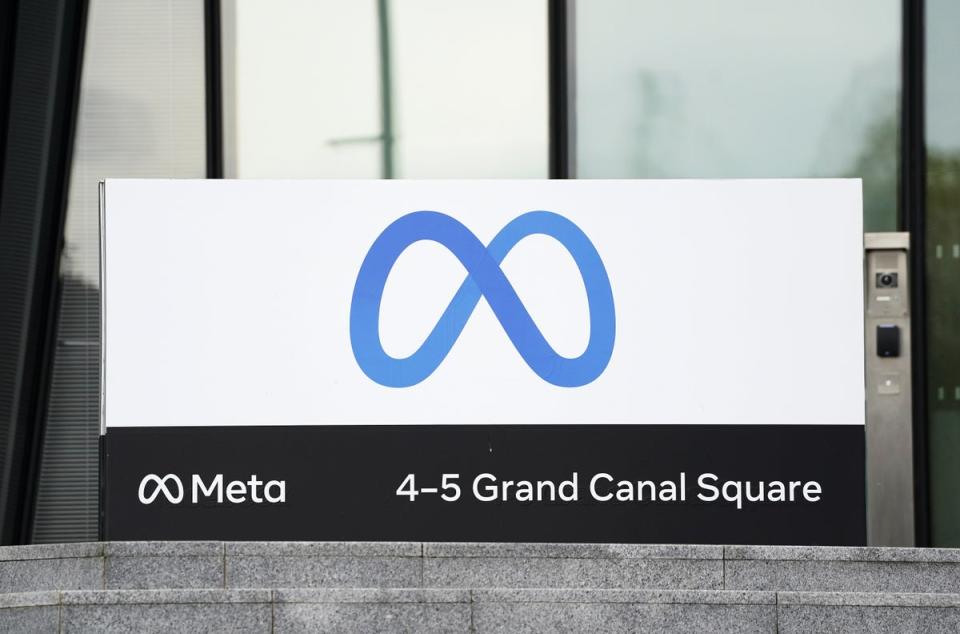Upskirting groups sharing obscene photos of young girls on Facebook get shut down

Meta has had to remove a huge number of accounts and groups who have been found sharing inappropriate photos of women on their platforms.
The parent company of Facebook was used by men to share ‘upskirting’ pictures and videos of women and girls without their consent.
Upskirting is a term used to describe the act of taking a sexually intrusive photograph up someone’s skirt without their permission.
It is usually performed in a public place, such as on public transport or in a nightclub, among crowds of people, making it harder to spot people taking the photos.
It became a crime under the Voyeurism (Offences) Act 2019, having come into force in April of that year.
“I was on a mission with this one and I finally got her”, one user wrote on Facebook, as reported by the BBC. “So sexy. Would love to see more”, another said.
When the BBC first reported the images to Meta using their own safety tools, the company said that it “doesn’t go against on of our specific Community Standards” and were not taken down, it reported.
“How do people manage to get hidden upskirt? How are you holding [the] camera etc not to get noticed”, one user asked, seemingly looking for advice in taking similar videos. The BBC reported the comment to Meta, but it was also not immediately removed.
In a statement, Meta said: “Sharing intimate images without consent, including upskirting, is not allowed on Facebook. Following the BBC’s investigation we’ve removed a large number of groups and accounts, and have taken further action to block multiple associated hashtags. We know our work is never finished and we’ll continue to remove any violating content when we become aware of it”.
The Independent has reached out to Meta for more information about why the content failed to be removed when the BBC first reported it.
